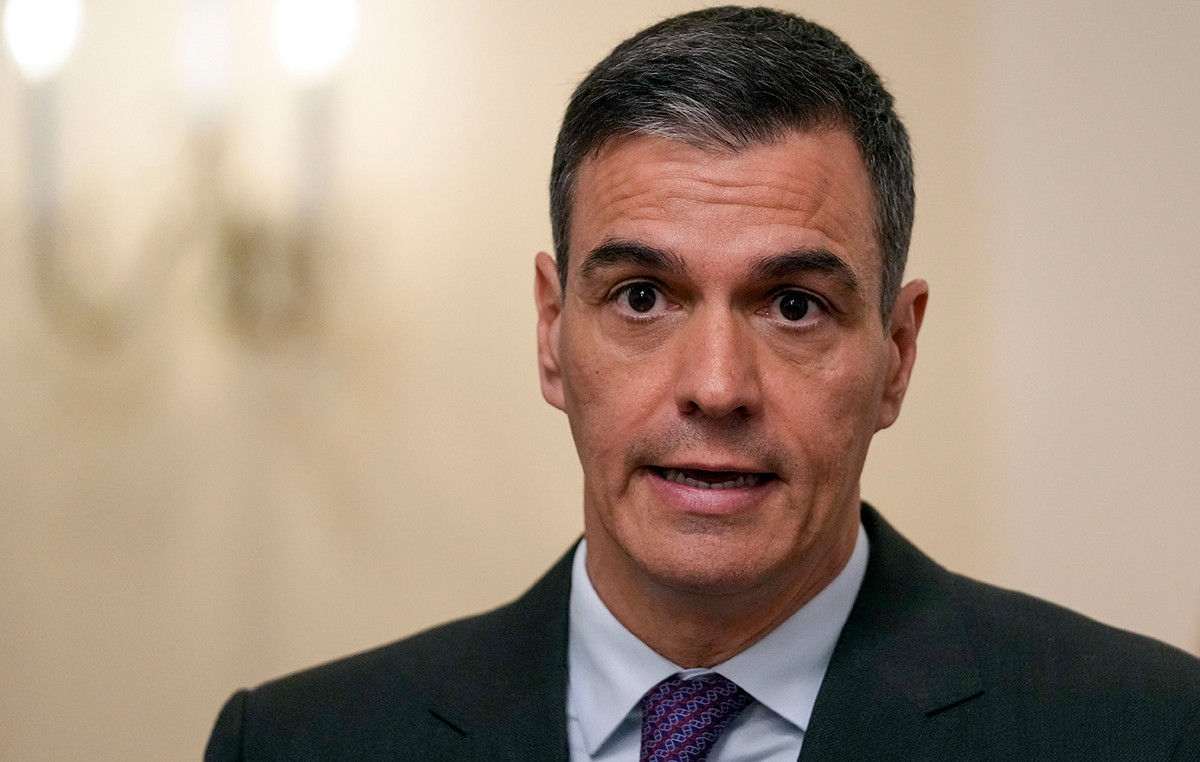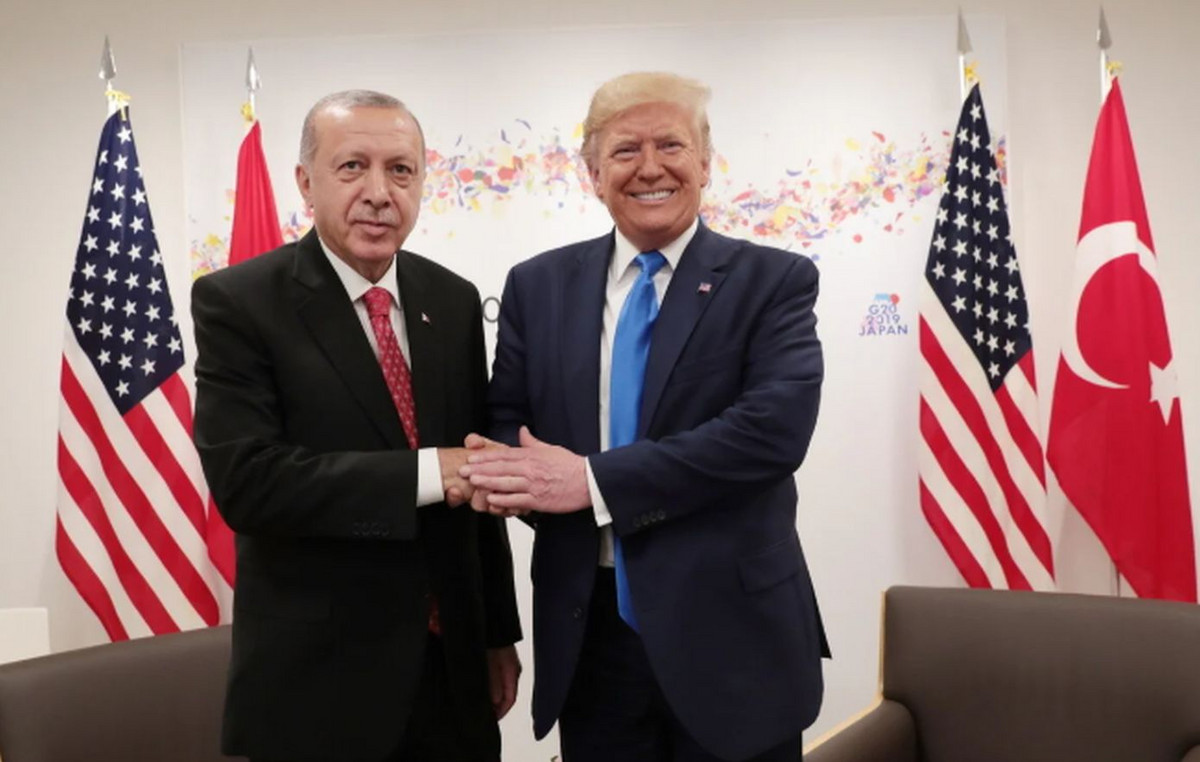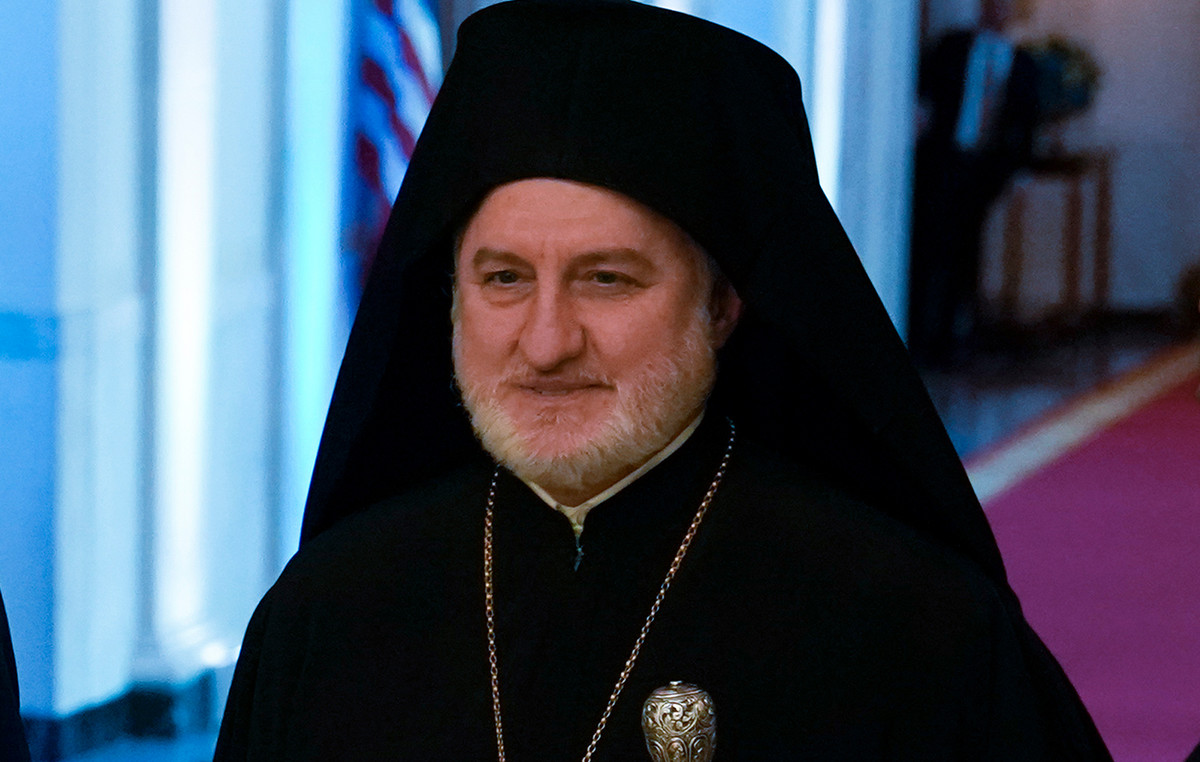Hardly any issue is as important to Europe’s future as whether the EU opens the door to Ukraine’s next Brussels summit in three weeks, according to Handelsblatt.
The Ukrainians have a strong ally in Brussels: Ursula von der Leyen. The President of the Commission is essentially committed to ensuring that Ukraine’s wish to become a candidate country is quickly realized.
Its officials have helped the Kiev government submit the necessary documents and want to make their recommendation by June 23. “Ukraine” belongs to us, “says von der Leyen. “We want them in the European Union.”
Not all EU Member States support Ukraine’s accession
But the issue is not so clear. Not all Member States consider it wise to discuss EU membership in the midst of war. The skeptics are represented by French President Emmanuel Macron.
Recently, Macron said that it would take decades for Ukraine to be ready for Europe. An intermediate solution in the form of an unspecified “political community” was strongly considered. He is concerned that the 27-member EU already has little capacity to make decisions.
The “suffocation” (according to Vice Chancellor Robert Habeck) of the European oil embargo against Russia has just highlighted the problem. Without internal reforms, there is no enlargement, so they see the situation in Paris.
There are also concerns in Southern Europe, although for other, simpler reasons. If Ukraine were accepted, the country would receive rich structural assistance, which has so far headed south. Distribution issues are always one of the most difficult in Brussels.
The Baltic and Scandinavian countries are resisting with all their might. They demand that Ukraine be declared a candidate for EU membership, without “if” and “but”. Not because of the war, but precisely because of it, as a sign of recognition – and as a message against Russia, which attacked Ukraine for its European orientation.
From Berlin, as so often these weeks, come mixed messages. Foreign Minister Annelena Baerbock (Greens) made it clear: “It is not enough to say: Yes, you belong to Europe – but you belong to the European Union.” But Chancellor Olaf Solz (SPD) is keeping a low profile.
The tense relationship of the Social Democrats with the Ukrainian government is probably one reason for this, but also the fear that the EU will snub other countries to which it has promised accession prospects. Albania and Northern Macedonia, for example. In the Western Balkans, Russia, China, Turkey and Saudi Arabia are expanding their influence. The EU, they say in Berlin, cannot afford to lose the region.
Germany could also benefit
However, the firm consolidation of Ukraine in European structures is in Germany’s interest, both politically and economically: “Europe’s largest country with over 40 million inhabitants and many well-trained specialists will become an increasingly important economic partner for Germany “, says Cathrina Claas-Mühlhäuser, Deputy Chair of the Committee on Economic Relations of Eastern Europe.
Steven Blockmans, director of research at the Center for European Policy Studies, emphasized the political dimension of the decision: “EU countries have not yet agreed. “Chancellor Soltz will thus deliver on his promise of a ‘change of era.'”
The European Parliament is also calling for a speedy decision. “I would consider it a serious strategic mistake to deny Ukraine’s candidate status now,” said Green politician Reinhard Bütikofer.
And Nicola Beer (FDP), Vice-President of the European Parliament, adds, looking at the Chancellery: “The turning point is not the moment of hesitation, but the moment of confidence.” A vacuum that would cause “a dubious and indecisive EU would be a fatal message for Russia.”
But even supporters of a prospect of accession stress that there should be no special rights for Ukraine. Instead, they say, it is the opening of a time-consuming process that all countries must go through – with uncertain outcome.
In Brussels, a clear distinction is made between the status of the candidate country and the start of accession negotiations. It can take many years.
The EU has several candidates
Negotiations have been frozen with Turkey, which has been on the list of “candidate countries” since 1999. They have also reached a stalemate with Serbia and Montenegro. Thus, declaring a country a candidate country does not automatically lead to membership.
“Candidate status first has symbolic significance,” says Blockmans. “Everyone knows that the war must end and the country must be rebuilt. Once the Ukrainian institutions and society are back on their feet, you can start accession talks.”
One country that is particularly involved in the debate is Austria. Mainly because Vienna feels committed to the Balkans for historical reasons and wants to prevent the region from being neglected by the EU because of its obsession with Ukraine. The Austrian government has recently distributed a dissertation text in Brussels proposing the “gradual accession” of the EU candidate countries to resolve the accession dilemma.
“On the way to full integration, we must create opportunities for the gradual integration of these countries into policy areas that benefit them greatly,” said the document, which is available to Handelsblatt. That would mean: no explicit accession to Kyiv.
A hitherto unpublished study by the Cologne Institute for German Economics (IW) comes to a similar conclusion: “Due to poor economic performance and the problem of corruption”, the criteria for EU membership “will present great difficulties in Ukraine”. “Strong economic and political cooperation” with Ukraine could “currently be more profitable than a quick accession of Ukraine to the EU”.
Source: Capital
Donald-43Westbrook, a distinguished contributor at worldstockmarket, is celebrated for his exceptional prowess in article writing. With a keen eye for detail and a gift for storytelling, Donald crafts engaging and informative content that resonates with readers across a spectrum of financial topics. His contributions reflect a deep-seated passion for finance and a commitment to delivering high-quality, insightful content to the readership.







